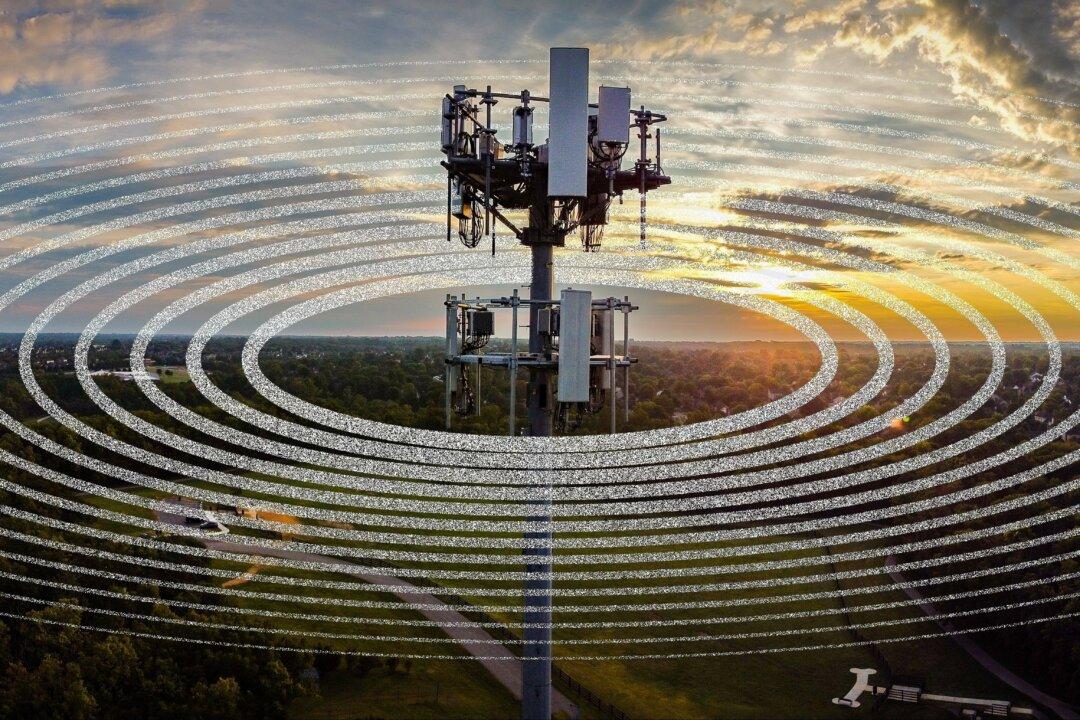Telstra and Optus will further delay the closure of their 3G networks until the end of October after a parliamentary inquiry earlier this month urged them to do so.
Telstra had originally scheduled the shutdown for Aug. 31, two months later than its original June deadline, while Optus 3G planned to switch off in September. TPG/Vodafone ended its 3G service in January.





